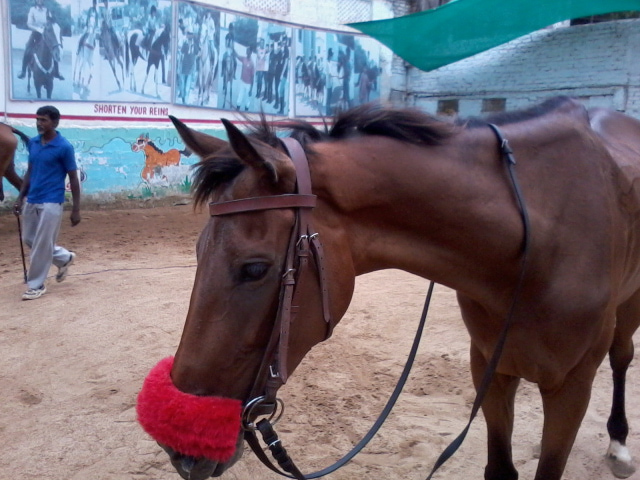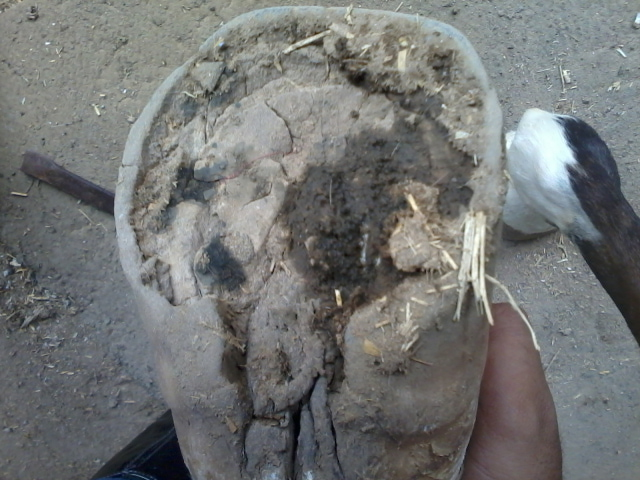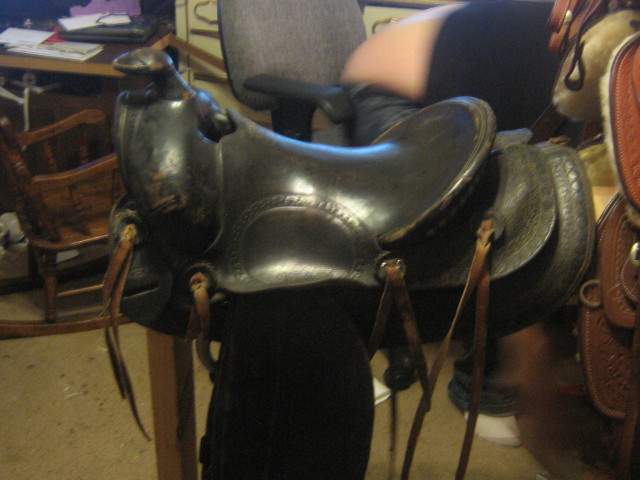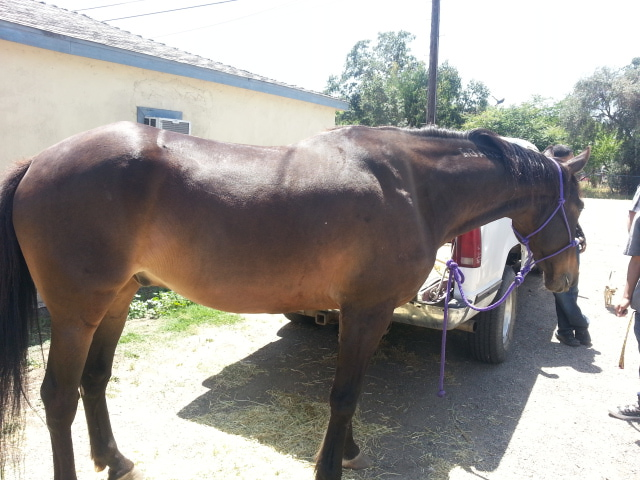QuestionMy horse is very laid back and does not seem to be nervous easily upset but he eats the wood in his stable, in one night he has eat 3 upright batons each of which is 4 inches by 4 inches. He does not chew the wood and spit it out but he eats it!
I am worry that this will have adverse health effects on him, that he may get splinters in his gums, that the livery yard will ask me to leave and it will affect his re-sale value should i want to sell him.
He is a 17hh throubred x cob
Look forward to getting your suggestions
AnswerRichard,
So, you have a termite on your hands! Has he just started this or has this been going on for a while? If it's just started check to see if they are giving hay at night and how much. If he's got hay then the next step is to figure out why he does it. One thing I can tell you is a study done at the University of KY with zinc supplementation stopped or reduced the wood eating in most of the horses. Sorry, I don't remember the amount or percent.
Another option is to buy lots of ground, red pepper and mix it in a solution of water and dish washing soap. You want it the consistency of pancake syrup. Paint this liberally on EVERYTHING he could even think to eat. If an area gets rubbed off re-paint it.
The owner of the stable might have a problem with the red pepper though because it does stain the wood. Last of all you can muzzle him. They make muzzles that horses can eat through. It would have to be taken off probably for grain but he could have it put back on after grain meals. A hasslel, for sure, but will stop the damage.
Aside from the physical damage are the health risks to the horse himself. Forget the splinters in the mouth, worry about his gut. Granted, he can digest the wood fibers but not well. They tend to pack in the gut and cause an impaction colic. These have to be attended to by a veterinarian and can, in worst case scenarios result in costly colic surgery or death of the horse.
Address the issues I outlined here and please, get back to me.
Lyn

 white foam in nostril
Question
foam white
hello Lyn. are you able to f
white foam in nostril
Question
foam white
hello Lyn. are you able to f
 thrush on hoof
Question
thrush
hello. hope you can answer this
thrush on hoof
Question
thrush
hello. hope you can answer this
 saddle
Question
saddle
I recently acquired a saddle made by He
saddle
Question
saddle
I recently acquired a saddle made by He
 posting slightly at canter
Question
marina
hello Dorothy. when i was trotti
posting slightly at canter
Question
marina
hello Dorothy. when i was trotti
 help identify my horse
Question
thunder
Hello I am asking for help I ha
help identify my horse
Question
thunder
Hello I am asking for help I ha